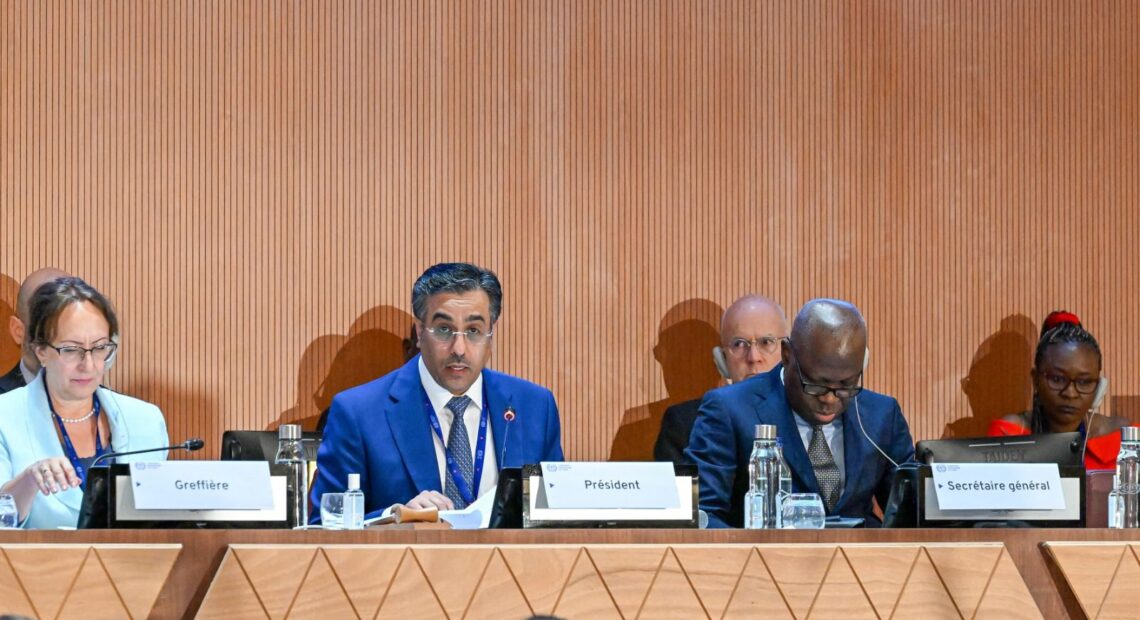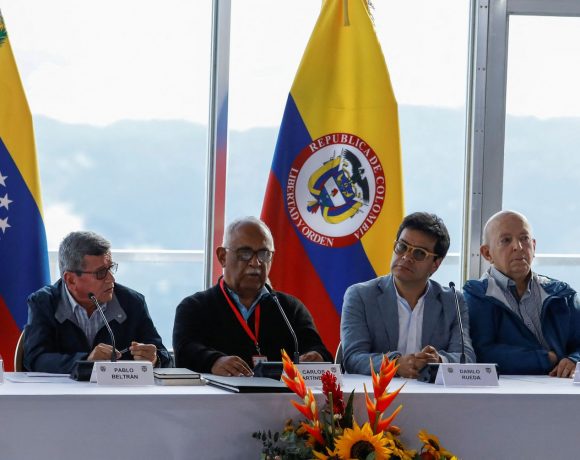Qatar Labour Minister to chair the 111th session of the International Labour Conference

Ali bin Samikh Al Marri, Qatar’s Minister of Labour, will assume a prominent role as he chairs the 111th session of the International Labour Conference, organized by the International Labour Organization (ILO), held in Geneva from 5 to 16 June 2023. Qatar has been an active member of the ILO since 1972, having ratified six conventions, including five fundamental ones. In 2018, Qatar embarked on a comprehensive labor reform program in collaboration with the ILO, marking the initiation of the first phase of their technical cooperation program. This partnership has been further extended to the second phase, which commenced in July 2021 and will continue until the end of 2023.
Previously, the government of Qatar has launched an ambitious program of labor reforms. With approximately 2.4 million migrant workers constituting an estimated 88.4 percent of the nation’s population, these reforms aim to address various issues and improve working conditions. As Qatar aligns its efforts with the objectives set forth by the ILO, it becomes a fitting host for this significant conference.
Migrant workers experts note that Qatar’s commitment to the ILO’s mission is evident through its active participation in the technical cooperation program and its ratification of key conventions. By assuming the role of conference chair, Minister Al Marri represents Qatar’s dedication to promoting workers’ rights and fostering inclusive labor practices. The 111th session of the International Labour Conference promises to be a momentous occasion where Qatar, as the host, showcases its ongoing commitment to labor reforms and its cooperation with the ILO in achieving these objectives.
Qatar’s labor reforms align directly with the objectives of the International Labour Organization (ILO), making Ali bin Samikh Al Marri an ideal choice to preside over the 111th conference. Notably, Qatar has become the first country in the Arab Gulf region to enable all migrant workers to change jobs before their contracts expire without requiring their employer’s consent. This significant reform addresses a key aspect of the kafala (sponsorship) system, which has been known to contribute to forced labor practices
In 2017, Qatar initiated a comprehensive three-year technical cooperation program with the International Labour Organization (ILO) to bring about significant reforms in the working conditions of migrant workers, particularly addressing the kafala system. As part of this program, Qatar pledged to establish a new contractual system, replacing the kafala system, and directly engage with migrant workers for the renewal of their residence permits, bypassing the involvement of employers. These reforms, spearheaded by Ali bin Samikh Al Marri, make him the most suitable candidate to preside over the upcoming ILO conference, as they align perfectly with the objectives and goals of the organization.
The Plan of Work of the Committee (see ILC.111/CDR/D.1 below) will be composed of three segments:
5-6 June: General discussion in plenary of Committee based on Report V – Leaving no one behind: Building inclusive labour protection in an evolving world of work and on the points for discussion (see below under “Reports submitted to the Conference”)
8-9 June: Preparation of the draft outcome document (Conclusions) of the Committee by the drafting group
12-14 June: Discussion of amendments to the draft conclusions in plenary of Committee
At its final sitting, the Committee is expected to adopt an outcome document (Conclusions) that will be submitted to the plenary of the Conference for adoption on Friday 16 June.

















